Teaching & Learning
“Teachers have 3 loves: a love of learning, a love of learners, and the love of bringing the first two loves together.”
Our Mission
Making a difference and achieving excellence for every child.
Our purpose, our WHY?
To ensure that teaching and learning across Chapel Street is responsive, child-centric and adaptive so that all children can learn and make good progress.
The aims of teaching and learning at Chapel Street are:
Child-centric
- Providing value for the children
- Engaging, stimulating learning
- Extending their world views
- Relational approach
- Hooking the children into their learning
- Ensuring all children are about to learn
“Students engage in learning when two conditions are fulfilled. The goals, standards or objectives must be of value for them and they must be convinced that they can reach it”
Inez De Florio
Responsive
- Immediate response to children verbally
- Impactful feedback that supports children making progress and gives clear targets
- Same day interventions
- Adaptive teachinG
“Effective feedback is the way we can get students to understand the feedback we give and then act accordingly in response to the feedback to improve their learning and make progress.”
Claire Seely
Adaptive teaching
- Adapting content of lessons
- Adjusting the process of lessons
- Allowing children to demonstrate learning in different ways
- Explicit teaching (I do, we do, you do)
- Individual feedback (from teacher and peers)
“Teaching is about sensitivity and adaptation. It is about adjusting to the here-and-now circumstances of particular students.”
Graham Nuthall
Teaching and Learning CPD
At Chapel Street, we highly value developing our staff, and have invested in Staff CPD to improve and develop our teaching and learning.
Click the picture for more information
We have enrolled on the SSAT ‘Embedding Formative Assessment’ two-year professional development programme for school which has been proven to increase student achievement.
Each month, staff meet together in small focus groups to develop their understanding of key assessment for learning techniques including:
- questioning
- effective learning intentions
- success criteria
- peer feedback
- teacher feedback
- effectively enabling children to self-assess
- hinge questions
We have also been working on developing teaching and learning while studying Rosenshine’s Principles of Instruction. All members of staff are reading copies of these books:


Click here for Tom Sherrington’s blog – Teacherhead
Useful articles by Tom Sherrington
Are Rosenshine principles just common sense?
7 significant and common challenges in teaching
Terminating the tyranny of the task (focusing on what we are learning rather than task focused learning)
Techniques for retrieval practice
Why focus on Rosenshine?
“Teachers need to be working on developing better habits, seeks to be more effective day in, day out when nobody else except their students are looking.” We need a “professional culture where good ideas gain acceptance, credibility and momentum… and in Rosenshine we have a superb tool for doing just that.”
Tom Sherrington
We have also had CPD to support how the 10 principles of instructions can be fully embedded into day-to-day teaching at Chapel Street.



